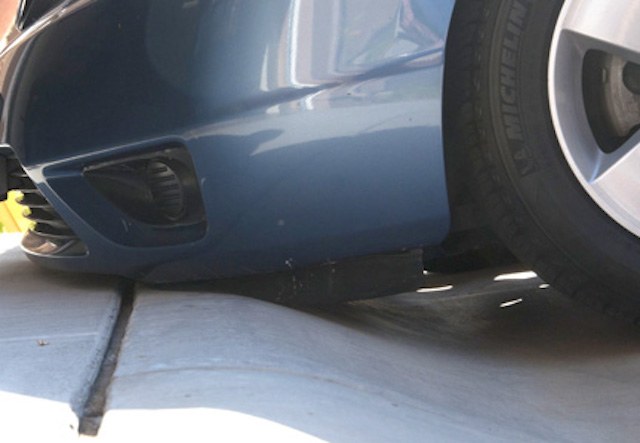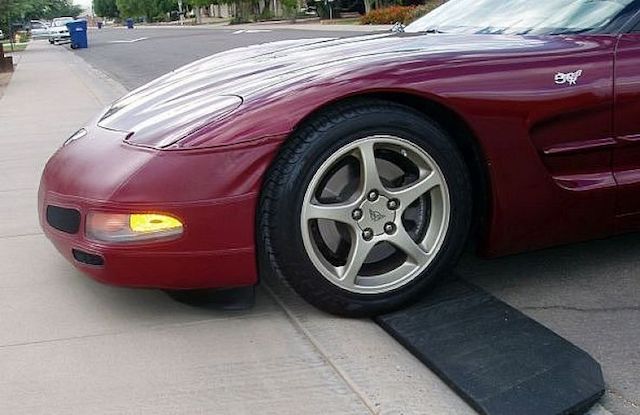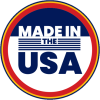Will Scraping The Bottom Of My Car On A Curb Cause Any Damage?
You know that jarring feeling you get when your car scrapes on a curb or speed bump? You freeze, cringe, and then panic, wondering if you’ve just damaged your car.
Pretty much every owner of a low ground clearance car can relate. It’s not a fun feeling,
So what really happens when the bottom of your car scrapes against a curb or speed bump? Do you need to bring it in to have your suspension system and other components looked at?
It depends on how often it happens. While scraping the bottom of your car on a curb or speed bump is never good, it’s unlikely to cause permanent damage if it’s a random occurrence. If it happens on a regular basis (especially if you have a rolled curb), then there is almost definitely some damage to the chassis.
The Most Common Types Of Damage

Scraping the bottom of your car on a regular basis is likely to cause a variety of damage ranging from mild to severe. Most commonly:
1. Corrosion
When you scrape the underside of your vehicle enough, you’re also scraping away the protective coatings on various metal surfaces. This increases the risk of corrosion, which may lead to the failure of some parts. This is a bigger problem if you live in the salt belt.
2. Suspension Damage
When you continually hit a curb, your suspension system takes a beating. This can prematurely wear the suspension bushings. If they’re worn, your steering and handling will feel sloppy and make more noise than it should. Essentially, your vehicle will feel like it’s got a lot more mileage on it than it really does. If you really slam into the curb, you can bend tie rod ends and sway bar links.
3. Driveshaft Damage
Just a single dent in your driveshaft can throw it out of balance. This can cause u-joints to fail. Symptoms include intense shuddering and shaking while driving, as well as clunking and rattling noises.
4. Front End Alignment Damage
Even small impacts can throw off your car’s wheel alignment. Damage to the front end alignment interferes with the car’s handling, can increase tire wear, and decrease gas mileage.
5. Fluid Leaks
Repeatedly hitting a curb or speed bump can cause damage to an oil pan, differential housing, or transmission housing. All of which can cause fluid leaks.
6. Weakened Underbody Protection Panels And Plates
When the underbody protection panels and plates are hit often enough, they’ll become weaker. This leads to reduced protection from more serious impacts.
7. Minor Body Damage
There may even be minor damage to your vehicle’s body, such as the front bumper or the rocker panels. This can increase the risk of corrosion and they are expensive to repair.
How To Avoid Scraping Your Car

When driving over a curb or speed bump is unavoidable in your daily routine, some sort of damage is inevitable. The good news is that there are two ways to avoid it:
- Drive over obstacles like curbs or speed bumps at an angle. This requires extremely low speeds and can be awkward when you have limited space like on a driveway.
- Invest in a set of curb ramps. A set of curb ramps serves as a bridge between the road and your driveway. A good set eliminates the risk of scraping the underside of your car. We highly recommend a set of rubber ramps like BRIDJIT. Compared to other types of curb ramps, BRIDJIT rubber ramps are:
- More affordable.
- Easier to install.
- Easier to remove.
- More durable.


